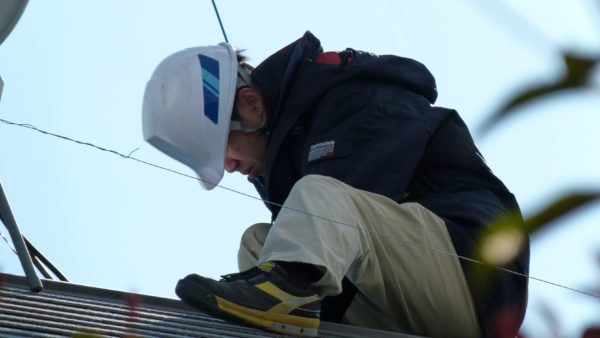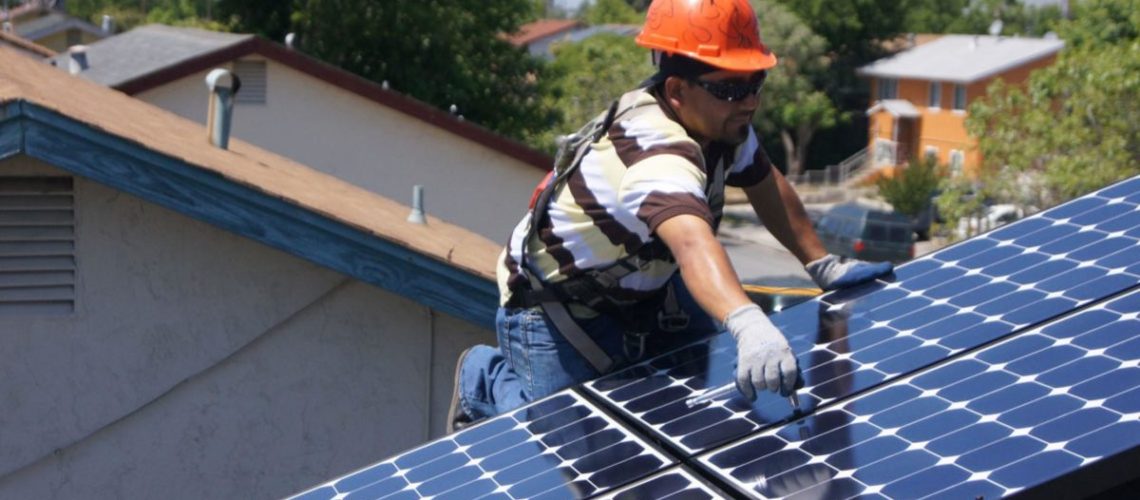Two bills moving their way through the House and Senate of Florida threaten to slash the value of Net Energy Metering. The bills are being described as a knockout punch to the industry and have strong bipartisan opposition.
A battle of solar net energy metering (NEM) has been raging in several states across the country and has found its way to the state of Florida. Recently, advocacy and protest in California delayed the much-maligned NEM 3.0 proposal, and now a similar fight has come to the Sunshine State in the east.
Two bills are proposed and have made their way through the state legislatures. House Bill 741, which may be decided on as soon as today, and Senate Bill 1024, which has moved its way through the legislative process, are believed to pose existential threats to rooftop solar in Florida.
Both bills have broad language that call for the phase-out of paying solar customers for excess generation that they export to the grid. The bills also leave room open for fixed monthly charges, only for solar customers, a policy structure that many have described as a “tax on the sun.” As grid and rate design expert Dr. Ahmad Faruqui put it, “Why should someone buying carrots at the grocery store have to pay more because they also grow carrots at home?”
What’s at stake?
If Florida’s rooftop solar industry is to fold, with it would go $18.3 billion in economic activity, reports the Florida Solar Energy Industries Association. Over $3.3 billion in tax revenues would be lost.
Also at stake is 40,000 Floridian jobs and $3.2 billion in household income to Florida workers, according to Conservatives for Clean Energy. Indeed, conservatives in the state of Florida recognize that this issue affects both sides of the aisle, and is a matter of personal choice and freedom, as a Mason Dixon poll showed that 74% of Republicans want net metering to remain intact. In agreement with their Republican colleagues, 94% of Democrat survey responders said they support net metering.
The same Mason Dixon poll found that a majority of Floridians, about 68%, think that utilities should make it easier to install rooftop solar, not harder.
Katie Ottenweller, southeast director of advocacy group Vote Solar said in a webinar that utilities, which are essentially offered a monopoly by law, are also bound by law to serve the public interest. Ottenweller said this proposal does not serve the public, and she is encouraging Florida voters to use their voice to fight for personal choice.
FLASEIA.org has guides, talking points, and a directory of contacts for those who are interested in fighting the bills. The organization recommends contacting your representatives, as there is still time for this bill to be delayed and altered.

If the bill is passed, FLASEIA, Vote Solar, and other groups said they will then elevate the issue to Governor Ron Desantis to ask for his veto.
Cost shift
Founded on the idea of the “cost shift,” the bills are pitched as a protection for non-solar customers from raised rates through cross-subsidizing solar customers.
Sixteen state-level studies, according to the Solar Energy Industries Association, have disproven the cost-shift argument, as has a national study, completed by Lawrence Berkeley National Lab. Berkeley found that 40 of the 43 states and Washington D.C. with net metering programs have a negligible cost increase attributed to solar.
The Berkeley study found that cost pressures from net metering don’t start making a tangible effect until solar penetration reaches 10%. Florida is nowhere near this figure, with 0.86% of households currently topped with solar. Read more about the “cost shift” and a utility-funded coalition that disseminates the idea here.



